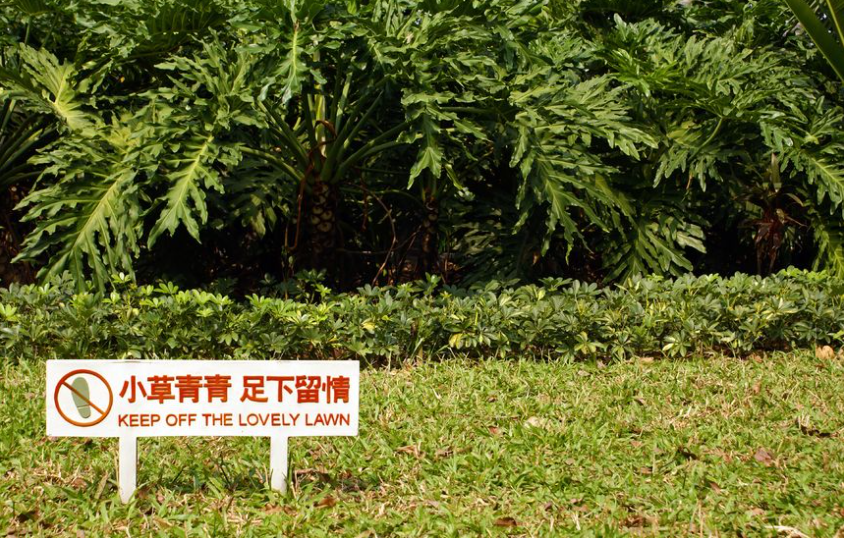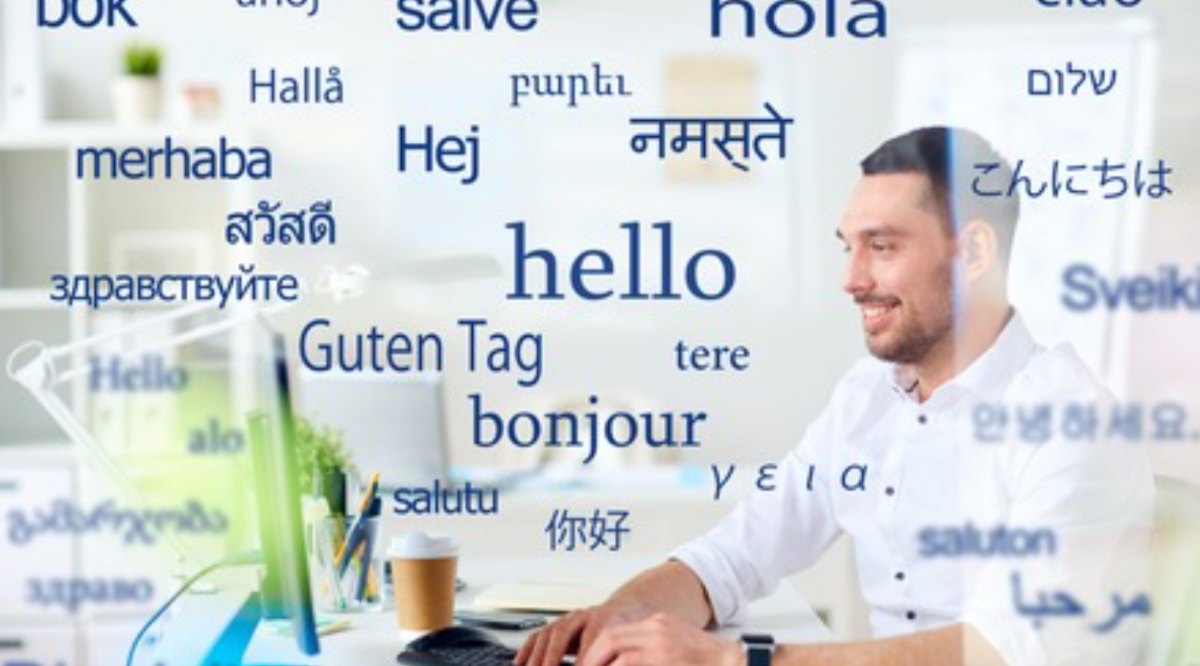What is Chinglish?

A portmanteau of the words 'Chinese' and 'English', Chinglish is a form of English practised by Chinese native speakers who incorporate their vocabulary or expressions into the language of Shakespeare.
Therefore, Chinglish is not a true language governed by standard rules, but rather a failed attempt to translate Chinese words or phrases into English.
This highlights the value of a professional translation agency, which offers quality assurance for carrying out an appropriate translation, without the unintended poetry or comedy!
Índice de contenidos
Index of contents
Index du contenu
Inhaltsverzeichnis
Indice dei contenuti
1. Examples of Chinglish

Chinglish is a delight for those who enjoy laughing at phrases that mix Chinese and English.
As quoted by the television channel France 24, Camille, a French student in China, stated that the Chinglish expression that most surprised her was 'Welcome to see you again'.
In China, you can find English translations on signs that are often baffling. As proof of this, the Mandarin school LTL has published on its blog a hilarious list of examples of funny, even incomprehensible, Chinglish expressions used on some signs. One says 'Slip and fall down carefully', another says that fire extinguishers are 'hand grenades', which probably makes their use a bit more aggressive...
2. Machine translation errors are the origin of Chinglish.

Paper dictionaries were not free from errors, but at least we had to make a physical effort to look up words and construct sentences.
Despite cultural exchanges being more frequent and important today, many Chinese people find English challenging, as it is not an easy language to learn for them.
Therefore, using machine translation is very tempting for many of them.
Although online machine translators are constantly improving, they do not provide a perfect result for all cases. So Chinglish still has many moments of glory ahead!
3. How to translate from Chinglish?

As already mentioned, texts in Chinglish are confusing, if not completely obscure when we are unfamiliar with the Chinese language and culture. Unfortunately, what Chinese people consider to be English texts translated from Mandarin by natives is often Chinglish.
To fully grasp the scale of the task involved in correcting or translating Chinglish texts into another language, just a few things a translator must master are the following:
- Chinese characters (a single erroneous character can change an entire word),
- Chinese expressions and their approved translations into English,
- Common errors of overly literal translations into English,
- English words (for example, blasphemy) should be avoided in all translations.
4. Hiring a translation company to avoid Chinglish

Therefore, it is a matter for professional translators. José Gambín, marketing director of AbroadLink, identifies 4 translation errors caused by Chinglish, with the most problematic for translators being false senses and incorrect terminology.
While it is easy to laugh at a text in Chinglish, it is much less easy to correct or retranslate it. This is all the more difficult when it comes to texts directly written in English, without using an original version in Chinese.
The article you will find on our blog lists these difficulties, as well as ways for solving them with the collaboration of translators, experts, and multilingual project management.
Therefore, a professional translation agency is best suited to address the most difficult problems posed by Chinglish.
Other articles you may be interested in:

Blog writer and Community Manager interested in multiculturality and linguistic diversity. From her native Venezuela, she has travelled and lived for many years in France, Germany, Cameroon and Spain, passing on her passion for writing and her intercultural experiences.



Add new comment